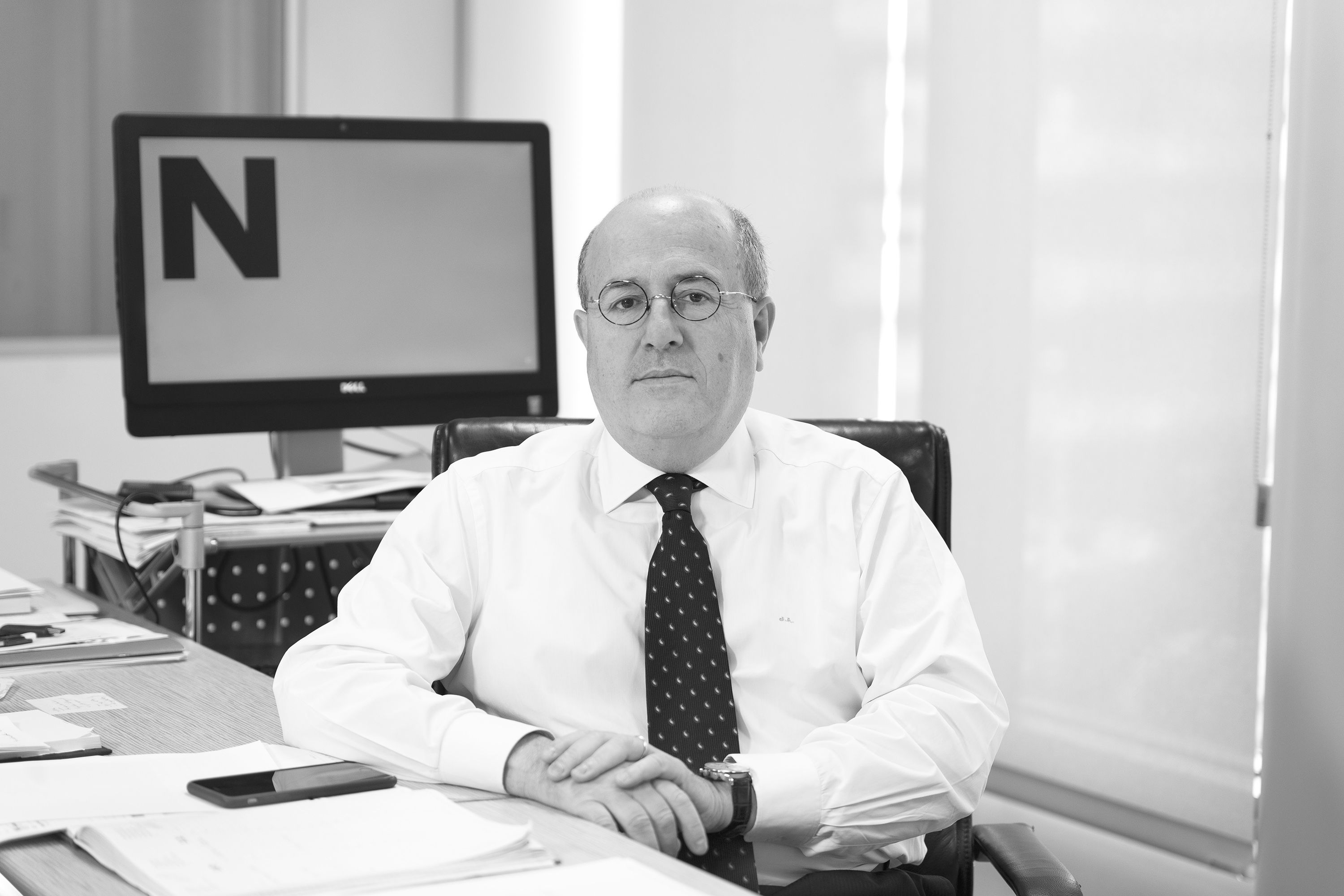When the Supreme Court decided to reject king Felipe VI and president Carles Puigdemont, among others, as witnesses for the defence, it caused grave harm to the political prisoners. They were both key witnesses for the roles they played in the months of September and October 2017, as the public prosecution indicated in their charge filings. In fact, the monarch's speech on 3rd October that year was critical in the loss of institutional and public support for the crown in Catalonia but also meant a change for the situation of the Catalan conflict. It was no longer a matter between the governments, Spanish and Catalan, rather it had gone up a notch to become a struggle with the state which Felipe VI responded to in the first person. Politics understood it with time... but the justice system, from the first moment.
The Supreme Court blocked the appearance of Felipe VI in the trial in any of the ways he could have availed himself of as head of state in such a situation. However, the king has snuck into the trial with a speech he gave this Wednesday at the closing ceremony of the World Jurist Association Congress in which he was honoured by the association with their World Peace & Liberty Award. His message that "it's not acceptable to appeal to a supposed democracy over the law" is at least interference in a trial as important as that over the 1st October and in which requests for more than 200 years of total sentences are made. It's obvious that Felipe VI is trying launch a torpedo at the independence movement's waterline.
His concept of alleged democracy is, at least, debatable. There are no supposed democracies. There are democracies of peoples and free people or there are dictatorships, where citizens cannot take decisions freely. His intervention in the trial as if he were a talking head on the news was out of place. He could have expressed his opinion to the respect by accepting the summons from the defence but he chose to not do so. He's protected by the court's ruling. But it's at least inelegant to meddle from a corner and using the rank he enjoys and without any type of debate.
Too often in this process, the role of Felipe VI has been that of the prosecuting barrister, far from that which he is conferred by the Constitution of arbiter and moderator of the regular running of the institutions. And what this process needs least of all is a biased arbitrator.

